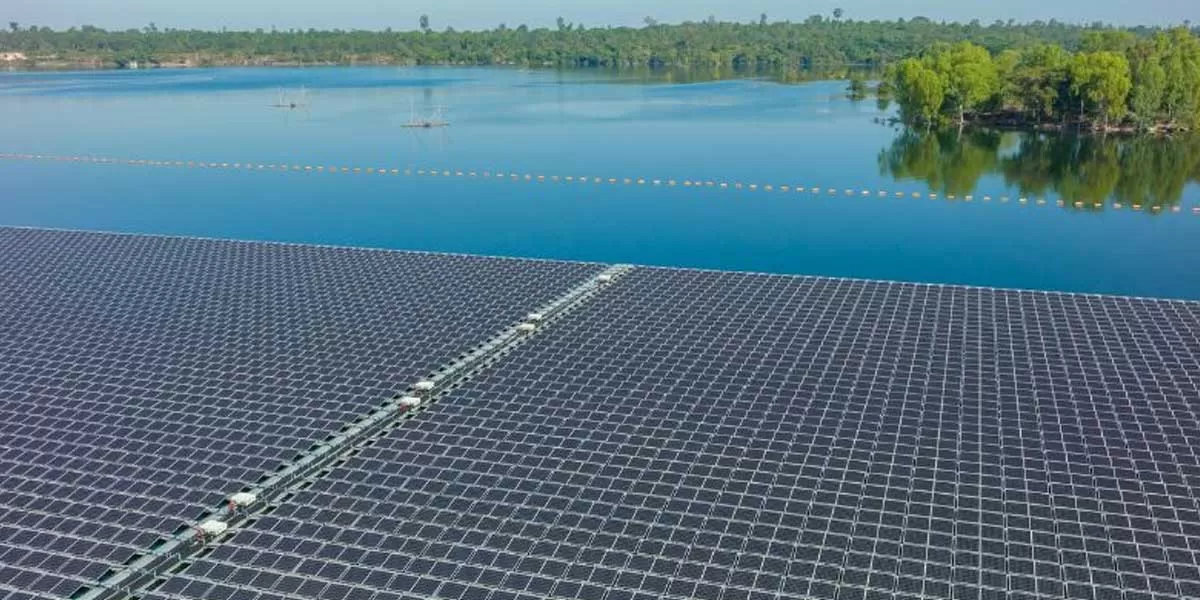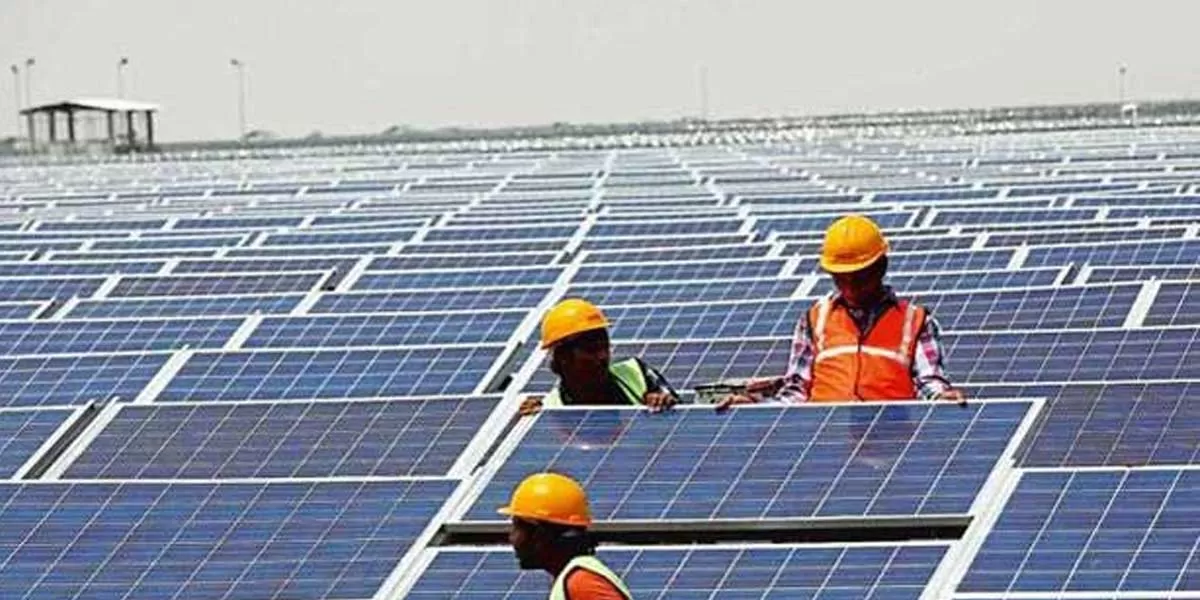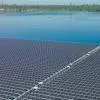
PLI Scheme Expected to Draw Rs 3.4 Tn Investments in 4 Years: ICRA
Redefine the future of urban mobility! Join us at the Metro Rail Conference 2025 to explore groundbreaking ideas and insights. 👉 Register today!

BrightNight Commissions 115 MW Hybrid Power Project in Maharashtra
BrightNight, a prominent global renewable energy producer, has launched the first phase of its 115 MW hybrid renewable energy project, Optima Maharashtra, in Dharashiv, located in southern Maharashtra. This marks one of the state’s pioneering co-located wind and solar projects and signifies BrightNight's inaugural energy supply to India's national power grid, furthering the nation's goal of decarbonising its energy sector. Spanning around 14,000 acres, the project integrates cutting-edge wind and solar technologies, powered by BrightNight’s proprietary AI-driven PowerAlpha® platform. The ..

Maha and Rajasthan Lead Solar-Powered Agriculture Under KUSUM Programme
Maharashtra and Rajasthan are leading the way in the adoption of the Pradhan Mantri Kisan Urja Suraksha evam Utthaan Mahabhiyan (PM-KUSUM) programme, specifically under Component C. This component aims to scale renewable energy infrastructure, addressing both agricultural sustainability and energy security. The two states are expected to contribute over 10 GW of solar capacity under the PM-KUSUM programme by 2025. The PM-KUSUM programme consists of three key components: small-scale solar projects (Component A), the installation of standalone solar-powered pumps (Component B), and the solarisat..

Odisha Floats EPC Tender for 4 MW Solar Projects with Battery Integration
The Odisha Renewable Energy Development Agency (OREDA) has released a tender for the engineering, procurement, and construction (EPC) of 4 MW rooftop solar projects with integrated battery systems. These projects will be implemented across various locations in Odisha under a rate contract basis. Bids must be submitted by January 27, 2025, with bid opening scheduled for February 1. Bidders are required to submit a bid security of Rs 300,000 ($3,600), a bid cost of Rs 10,500 ($126), and a processing fee of Rs 1,000 ($12). The selected bidders must be responsible for designing, engineering, suppl..













